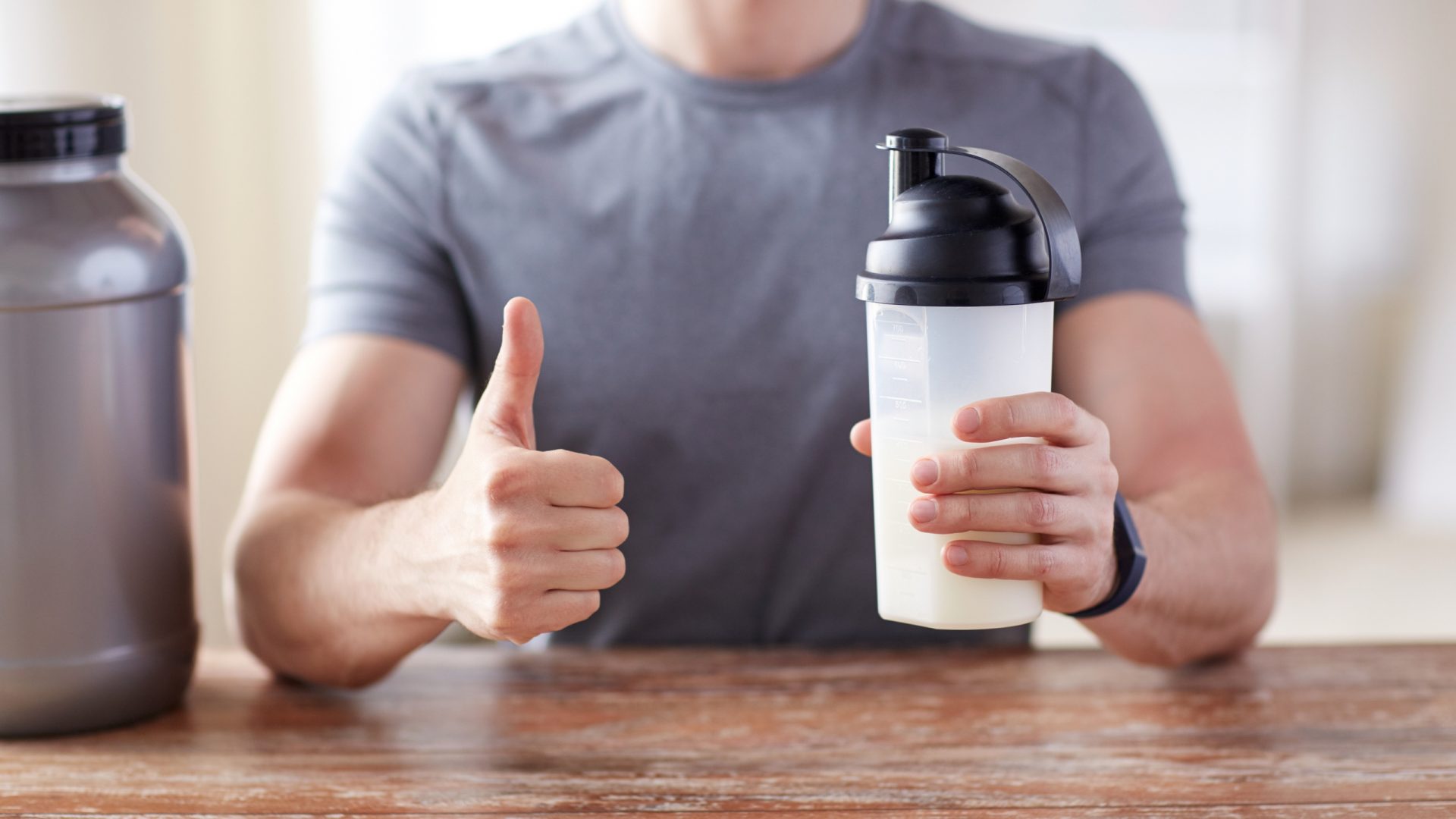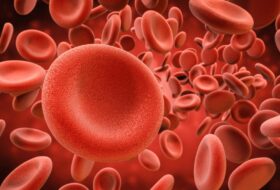Lets be clear when it comes to supplements the only way to eliminate the risk is not to take them at all. But if you decide to use a them there are steps they can take to minimise the risks.
When trying out new sneakers, boots or togs we do our due diligence. Shouldn’t we pay our nutrition the same respect?
Step 1: Thoroughly research the supplement
The first point of action is to check if the supplement is permitted for use in sport. In other words it is not on the World Anti-Doping Agencies (WADA) prohibited list. WADA is an international independent agency that is fighting the good fight against doping in sport. Every year they put out a list of prohibited substances and methods. These could be banned all year, just in competition or in specific sports.
The next thing you need to do is check if there is good evidence to support the supplements claims. Just to be clear by evidence we mean robust research not the n = 1 it worked for me so it will work for you type of “evidence”. As we highlighted in ‘Supplements: The Risks’ there are actually very few legal supplements that deliver on their promise.
Leading on from this is the supplement specific to your training and competition needs? To be effective supplement use needs to be targeted. Otherwise its like putting on a blindfold and throwing darts just hoping you will hit the bullseye.
The AIS Supplement Classification System
A handy tool for athletes is the Australian Institute of Sport’s Supplement Classification System. It ranks supplements into four groups (A,B,C,D) based on research, safety, legality and effectiveness in improving sports performance.
Side note if you haven’t already now is probably a good time to engage a registered sports Dietitian or Nutritionist. Trawling through mountains of research is our forte. Plus we know how and when to use supplements effectively and safely.
Step 2: Check in with your National Anti-Doping Organisation (NADO)
NADOs are Government or Sports movement funded organisations responsible for enforcing anti-doping rules, education, testing and governance within their country. Your local NADO can assess the level of risk associated with the supplement. A full list of all agencies can be found here.
Step 3: Choose only batch tested supplements
Batch testing is when a registered independent organisation test a specific supplement batch for WADA prohibited substances. If it passes then that batch is certified to be banned substance free. Although the tests can detect tiny traces of contaminants batch testing is not an absolute guarantee. The only way to get this is to not take supplements at all.
Another important thing to note here is that supplements are made in large batches before being packaged for sale. Contamination can occur in one batch and not another. So make sure you check every time you buy a supplement even if you have purchased the same product before.
So how do you check if a supplement is batch tested? Below is a list of registered third party organisations that list the batch numbers of certified products on their websites.
Often certified products will bare the logo of the testing organisation. However, neither WADA or the International Olympic Committee (IOC) approve any supplements. So if you see such an endorsement on a supplement that is a major red flag.
You can also contact the supplement manufacturer directly and request a certificate of analysis (COA) or batch certificate.
In Conclusion
Supplements have their place in sport when an athlete is fully developed and has exhausted all food first solutions. However, before starting something new make sure you talk with an experienced sports dietitian or nutritionist. They can make sure you are getting the best bang for your buck. More importantly though they can support you in taking the right steps to minimise the risks. But remember even if you do take all the rights steps it does not provide a guarantee. The only way to get this is not to take any supplements.






